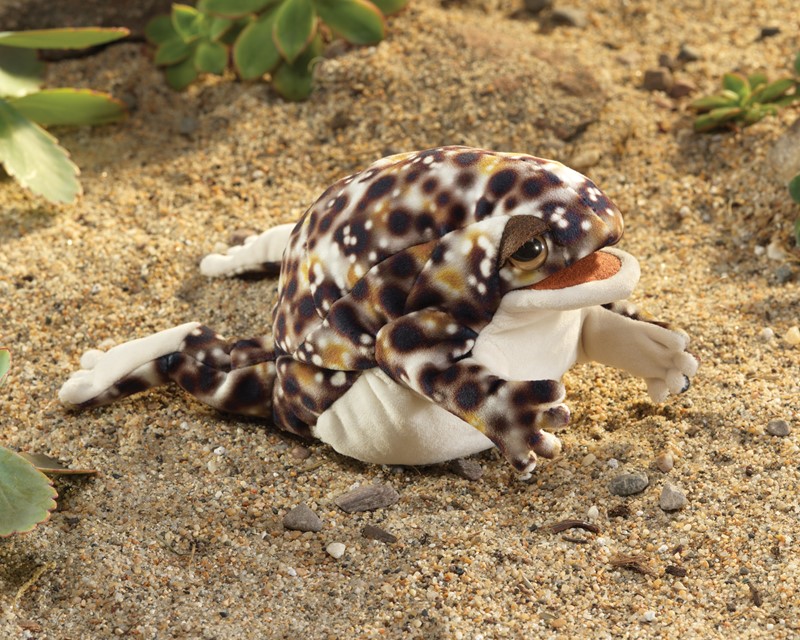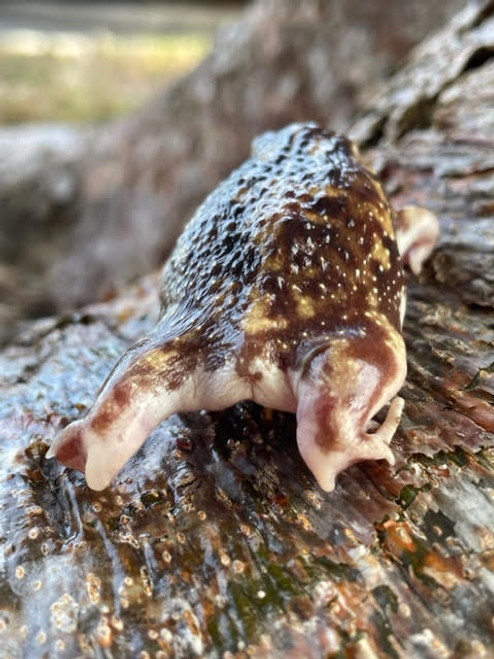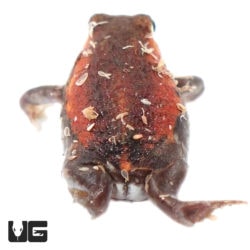Common Health And Wellness Issues in Reptiles: Signs and Solutions
In the elaborate globe of reptile care, understanding the common health problems that might impact these one-of-a-kind animals is vital in ensuring their well-being. Whether it's grappling with parasitical infestations, navigating dehydration problems, or resolving skin ailments that manifest in refined methods, being attuned to the signs and equipped with the knowledge of reliable remedies is vital for any type of reptile proprietor.
Breathing Infections
Respiratory system infections in reptiles can substantially impact their general health and wellness and require punctual interest from experienced veterinarians. These infections are frequently triggered by microorganisms, fungi, or viruses and can manifest with signs such as hissing, nasal discharge, open-mouth breathing, and sleepiness. In reptiles, respiratory infections can be particularly testing to identify and deal with as a result of their distinct anatomy and physiology. Veterinarians commonly rely on a mix of physical exams, analysis imaging, and research laboratory tests to accurately recognize the underlying root cause of the infection.
Treatment for breathing infections in reptiles commonly involves a mix of helpful treatment, such as maintaining correct humidity degrees and temperature level gradients in the room, along with targeted medication to attend to the specific microorganism in charge of the infection. It is crucial for reptile owners to monitor their animals very closely for any type of signs of respiratory distress and look for vet treatment at the earliest indicator of a problem. With timely treatment and suitable therapy, numerous reptiles can recoup fully from respiratory infections and resume typical activities.

Metabolic Bone Illness
What elements add to the development of Metabolic Bone Condition in reptiles?
Metabolic Bone Illness (MBD) in reptiles is largely triggered by an absence of correct calcium, phosphorus, and vitamin D3 degrees in their diet. Furthermore, poor direct exposure to UVB light prevents reptiles from synthesizing vitamin D3, which is important for calcium absorption and bone wellness.
Various other adding aspects to MBD consist of improper temperature gradients within the reptile's environment, causing decreased metabolism and impaired calcium absorption. Inadequate humidity levels can also affect a reptile's ability to metabolize calcium effectively. Specific reptile varieties have particular dietary needs that, if not satisfied, can enhance the likelihood of establishing MBD. Normal veterinary check-ups, correct husbandry methods, and a well balanced diet plan are crucial to stop Metabolic Bone Disease in reptiles.
Parasitic Problems
Parasitic problems pose a substantial health risk to reptiles, affecting their total well-being and calling for punctual veterinary attention. Reptiles can be impacted by numerous bloodsuckers, consisting of mites, ticks, inner worms, and protozoa. These parasites can cause a series of signs, such as weight management, sleepiness, skin irritation, looseness of the bowels, and also fatality if left neglected.
One usual parasite discovered in reptiles is the mite, which can cause skin stress, anemia, and read this inflammation. Ticks are another outside parasite that can create and transfer diseases pain to the reptile. Interior parasites like worms and protozoa can result in digestive concerns, lack of nutrition, and compromise the reptile's body immune system.
To detect a parasitic infestation, a veterinarian may do fecal examinations, skin scrapings, or blood examinations. Treatment usually involves deworming medicines, antiparasitic baths, or in extreme cases, hospitalization. Preventative procedures such as regular veterinary examinations, proper health, and quarantine procedures for brand-new reptiles can aid lessen the danger of parasitical problems and guarantee the wellness of reptile family pets.
Dehydration and Hydration Issues
Dehydration in reptiles can substantially influence their health and well-being, demanding timely treatment and appropriate hydration management. If left unattended, dehydration can lead to serious health and wellness problems and also be deadly to the reptile.
To avoid dehydration, reptile owners ought to make certain that their pet dogs have access to tidy water in all times. The water dish must be huge enough for the reptile to take in if needed, especially for species that absorb water via their skin. Furthermore, preserving correct moisture levels in the reptile's enclosure and offering regular bathrooms can assist prevent dehydration.
In cases of dehydration, it is critical to seek veterinary treatment promptly. A vet might provide fluids either by mouth or via injections to rehydrate the reptile. It is important to resolve the underlying reason for dehydration to avoid recurrence and ensure the reptile's overall health.
Skin Ailments

Final Thought

Respiratory system infections in reptiles can substantially impact their overall wellness and need prompt focus from experienced vets (rain frog for sale). Preventative actions such as regular vet examinations, appropriate health, and quarantine procedures for brand-new reptiles can aid minimize the risk of parasitical problems and make certain the well-being of reptile family pets
If left neglected, dehydration can lead to significant health and wellness issues and also be deadly to the reptile.
Regularly examining your reptile for any kind of changes in skin look, color, or texture can assist in early discovery and therapy of skin ailments, promoting the general wellness and well-being of your scaly buddy. - rain frog for sale
In final thought, reptiles are vulnerable great post to read to various health concerns such as respiratory system infections, metabolic bone illness, parasitic infestations, dehydration, and skin conditions.
Comments on “Find Your Perfect Rain Frog for Sale: Dive into the World of Exotic Amphibians!”